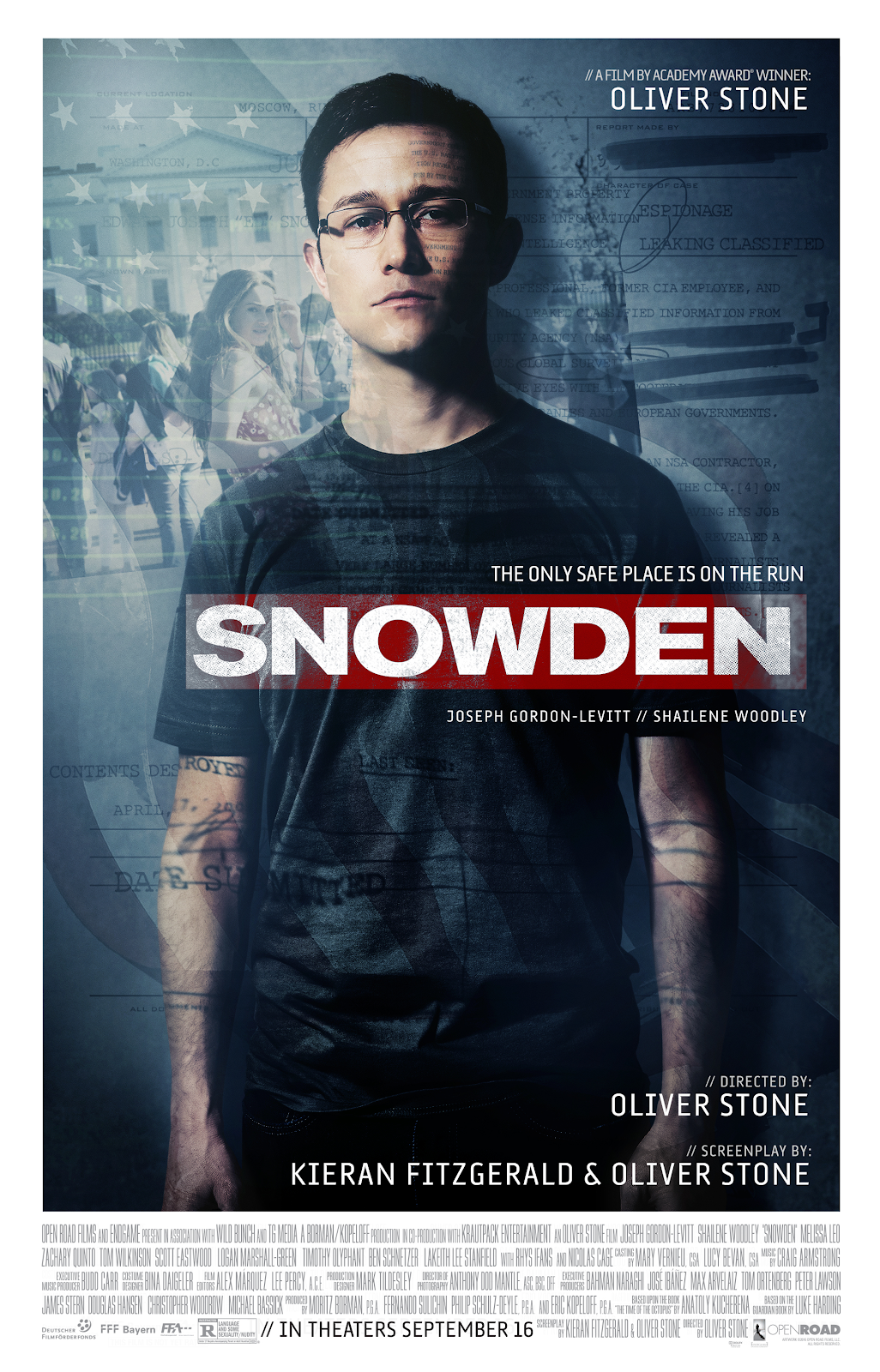Five Eyes
The Five Eyes is a coalition of countries that came together to be proactive in matters of protecting from foreign threats. Another name for the organization is the Five Eyes Law Enforcement Group. Essentially, it's an intelligence alliance between the US, Canada, Australia, New Zealand, and the UK that was established post WWII in the UKUSA agreement of 1946. These countries collectively work together in pooling resources and sharing sensitive information to keep each other up to date on what's going on around the world.
Later on the Five Eyes became the Nine Eyes when they added in Denmark, France, the Netherlands, and Norway. After that they continued to open their group up to become the Fourteen Eyes expanded now with the addition of countries: Germany, Belgium, Italy, Spain, and Sweden. The rules for these additions to the original Five Eyes are not entirely clear, but from what is understood, surveillance is not entirely out of the question.
The group is a non-political intelligence team that provides oversight, review, and security for the countries involved. The council members exchange their views on subjects of mutual interest or concern, as well as comparing the best practices for review and oversight methodology. They explore their different vantages of mutual interest, and encourage transparency to the largest extent possible with each other.
This has sparked a global debate on privacy of citizens and the boundaries of which national security should abide by. The main purpose of this organization is to provide a framework for the sharing of intelligence data among the core countries.
It's important for citizens to understand exactly what it is that they're gathering under the term "signals intelligence." The goal is to collect two different things one being communications intelligence, so intercepting voice communications and text communications; the other being electronic intelligence, signals from radars or surface-to-air missile systems.
This surveillance is mainly aimed at protecting against geopolitical adversaries such as China, Russia, and Iran, etc. but this doesn't mean other countries are excluded from this overhead watch. In a documentary by Eric Snowden, it was actually proven that the US is paying the UK's GCHQ to spy on citizens and then sharing the information with NSA because the UKUSA Agreement offers a work around to the otherwise illegal action of wiretapping citizens.
The entire idea of the Five Eyes is a double-edged sword because it represents the power to uphold national security and tackle global threats (great for our security), yet puts our privacy and individual rights at risk at the same time. It's extremely worrying that our digital footprints could be accessed and read / listened to without our knowledge and consent at any point. The argument the government has for this is that if you are a law-abiding citizen, then you should have nothing to worry about and the government looking in on what you're up to shouldn't be too big of a deal.
It's important to note though, that phone-line tapping became legal after 9/11 in the US under the Patriot Act, there's been many attempts at striking down this invasion of privacy, but Congress has allowed for this surveillance to continue. Different ways citizens can protect themselves from the Five Eyes lurking on their personal devices is using VPNs, and being mindful about what websites your visiting while online.











